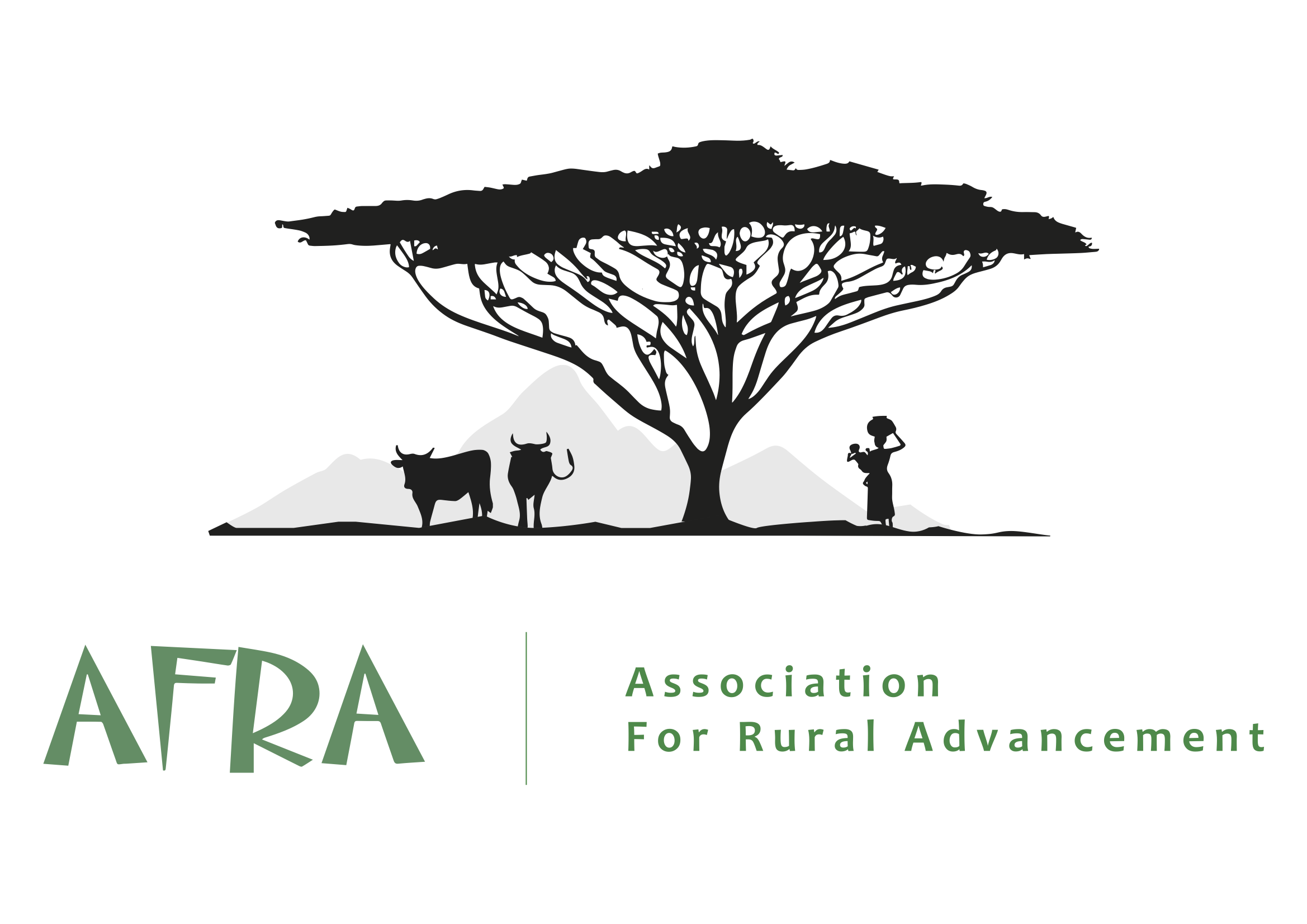Focal point
Location
Pietermaritzburg
3200
Tshintsha Amakhaya is a civil society a
AFRA is a land rights advocacy non-governmental organisation (NGO) working since 1979 to support marginalised black rural people, with a focus on farm dwellers. We are working towards an inclusive, gender equitable society where rights are valued, realised and protected, essential services are delivered, and land tenure is secure. We work intensively with communities in and around the uMgungundlovu District Municipality in KwaZulu-Natal, South Africa, and extensively in offering support and advice.
Our Vision is an inclusive and gender equitable society where rights are valued, realised and protected.
Our Objective is to identify, promote and support pathways to achieve security of tenure and access to services for people on farms.
Our Development Goal is that the living conditions of farm dwellers have improved, as they have secure land tenure and they are able to access services to improve their livelihoods.
Members:
Resources
Displaying 21 - 25 of 39AFRA News
Land and Local Government: Implications of Restitution
Redress, Social Justice and Reconciliation: Practical Experiences from AFRA’s work with Specific Restitution Claims in KwaZulu-Natal
AFRA is an independent land rights non-governmental organization that works with black rural people in KwaZulu-Natal who were dispossessed and whose land tenure rights remain insecure. As such AFRA engages with the different programs within Land Reform, one of which is the Restitution Program. AFRA works primarily with three claimant groups, the Boschoek claimants, the Dukuduku claimants and the Gongolo claimants, each described briefly below.
AFRA News
Land and Local Government: Problem or Potential (Part 2)
Will formalising property rights reduce poverty in South Africa’s ‘second economy’?
De Soto’s influential book The mystery of capital offers a simple yet beguiling message: capitalism can be made to work for the poor, through formalising their property rights in houses, land and small businesses. This approach resonates strongly in the South African context, where private property works well for those who inhabit the so-called ‘first economy’. Evidence from South Africa, however, suggests that many of de Soto’s policy prescriptions may be inappropriate for the poorest and most vulnerable in our society, and have negative impacts on their security and well-being.
Options for developmental Land Administration Systems in the context of Communal Tenure situations; & implications for Service Delivery
“Land registration and cadastral surveying in much of the developing world has reached a crossroads. It is not possible to continue with business as usual in the face of massive informality within the world's cities, and new more relevant approaches have to be developed”. (Fourie, 2000).




